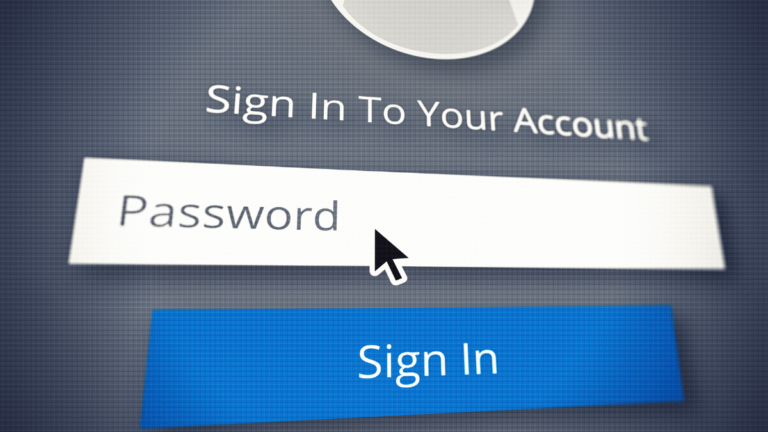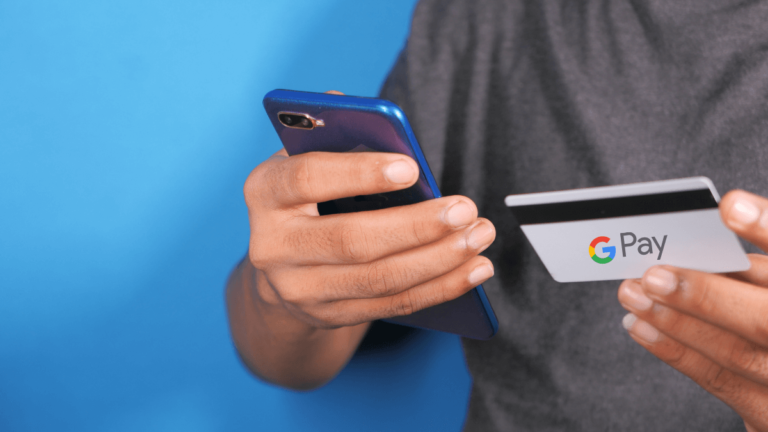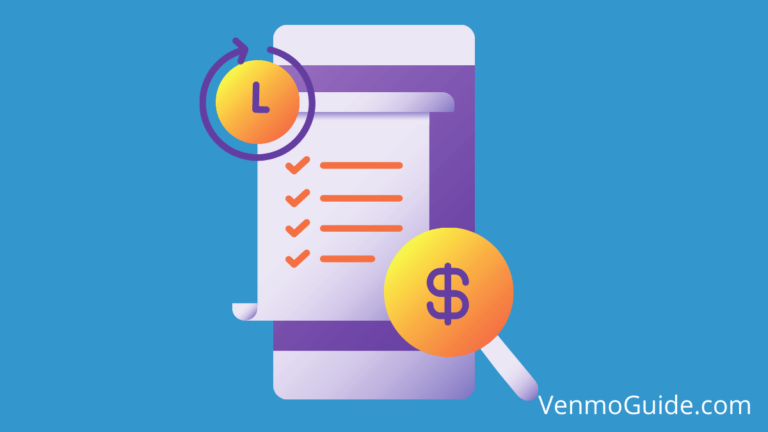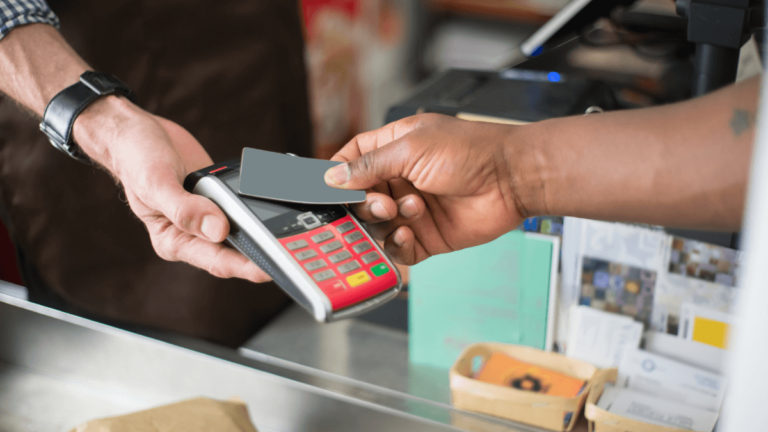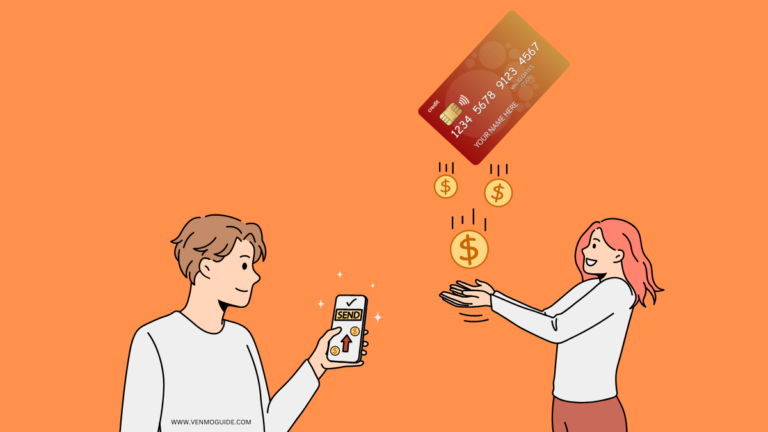Visa P2P (peer-to-peer) payments are now supported by PayPal and Venmo, allowing users to send and receive money directly from their bank accounts using Visa’s secure network. This service enhances transaction speed and security by leveraging Visa Direct, offering a more seamless and efficient payment experience for users on both platforms.
Visa has partnered with PayPal and Venmo to introduce Visa+, a new service that allows users to send and receive money across different digital payment apps.
This means that you can now move money seamlessly between PayPal and Venmo by setting up a Visa+ pay name, which is a personalized payment address linked to your account.
How to Set Up Visa+ P2P Payments?
Here’s a step-by-step guide on how to use Visa+ for P2P payments with PayPal and Venmo:
- Set Up a Visa+ Payname:
- Open your PayPal or Venmo app.
- Navigate to the settings or payment options.
- Look for the option to create a Visa+ payname. This will be a unique identifier linked to your account.
- Link Your Accounts:
- Follow the prompts to link your PayPal and Venmo accounts with your Visa+ payname.
- You may need to verify your identity and account details.
- Send Money:
- Open the app (PayPal or Venmo) from which you want to send money.
- Select the option to send money and enter the recipient’s Visa+ payname.
- Enter the amount you wish to send and confirm the transaction.
- Receive Money:
- When someone sends you money using your Visa+ pay name, you’ll receive a notification in the app.
- The funds will be available in your PayPal or Venmo balance, depending on which app you are using.
- Manage Transactions:
- You can view and manage your transactions through the transaction history in your PayPal or Venmo app.
- If needed, you can also unlink your accounts or change your Visa+ payname through the settings.
This integration makes it easier to transfer money between different payment platforms without needing to switch apps or re-enter payment details.
How to Link Visa P2P Payments on PayPal and Venmo?
- Open the PayPal or Venmo App: Launch the app on your mobile device and log in to your account.
- Link Your Visa Card:
- PayPal: Go to “Wallet,” tap “Link a card or bank,” and enter your Visa card details.
- Venmo: Tap the “☰” menu, go to “Settings” > “Payment Methods,” and select “Add Bank or Card” to link your Visa card.
- Verify Your Card: Follow the prompts to verify your Visa card, which may involve a temporary charge or entering a code sent by your bank.
- Select Visa for Payments:
- PayPal: Choose your Visa card as the preferred payment method under “Payment Preferences.”
- Venmo: When sending money, select your Visa card as the funding source.
- Start Using Visa P2P: You can now send and receive P2P payments using your Visa card via PayPal and Venmo, utilizing Visa Direct for secure and fast transactions.
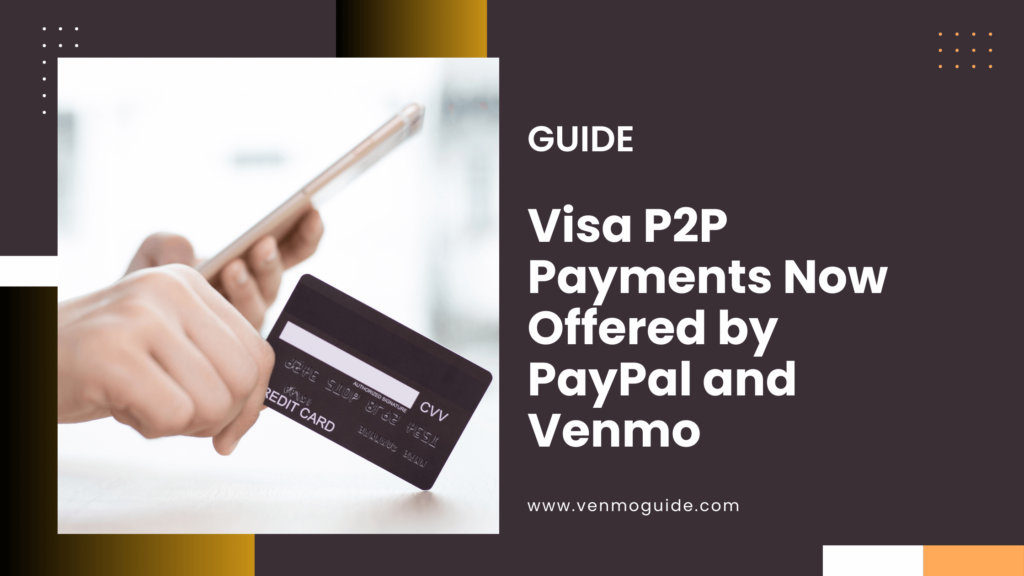
Visa+ Integrations with PayPal and Venmo
The introduction of Visa+ is set to change how you handle peer-to-peer (P2P) payments through PayPal and Venmo.
This new integration allows for seamless money transfers between different digital platforms, increasing your options for transactions.
How to Enable P2P Payments Through PayPal and Venmo
With Visa+, you can now send and receive money directly between PayPal and Venmo.
This means you can use your PayPal balance or linked bank account to send money to a Venmo user without needing to switch apps or use cash.
To set this up, you will need a personalized payment address associated with your Visa+ payment.
It allows you to receive payments securely while maintaining control over your financial information.
Partnerships and Interoperability
Visa has partnered with both PayPal and Venmo to enhance interoperability in digital payments. This means that the platforms work together to facilitate easier, faster transactions.
This collaboration includes various financial service providers to expand the use of Visa+. By integrating their systems, users can expect an increase in transaction speed and reliability. These partnerships make it easier for consumers to manage their finances across different apps.
Impacts on Consumers and Gig Economy Workers
For consumers, Visa+ offers greater flexibility in managing payments. Whether you’re settling up with friends or paying for services, this integration simplifies the process.
For gig economy workers and creators, faster payment transfers mean quicker access to earnings. This can be crucial for those relying on timely payments for financial stability. You can choose how to receive payments based on your preferences, enhancing control over your financial transactions.
Enhancing User Experience in Digital Payments
Digital payments are becoming a part of your everyday life. With the rise of services like Visa+, your experience with these transactions is smoother and more efficient. Here are two significant ways this is happening.
Visa+ PayName for Simplified Transactions
Visa+ PayName lets you send and receive money using simple names instead of confusing numbers. You can set up a unique PayName that represents you. This makes transactions easy and quick.
Imagine wanting to pay your friend directly. Instead of looking for their account number, you just type in their PayName. This not only saves time but also reduces the chance of mistakes. According to Visa, this system aims to enhance user convenience.
With Visa+ PayName, you also gain interoperability between different payment apps. You can connect funds from platforms like PayPal and Venmo, making it even easier to manage your money across various apps. This is a big step forward in transforming the user experience in digital payments.
Improving Accessibility with Digital Wallet Integration
Integrating Visa+ with digital wallets enhances your payment options. By connecting everything into one platform, you have greater choice in how to send and receive money. This integration means that you can link your digital wallet to Visa+, allowing for seamless transactions in real time.
For workers relying on earned wage access, the ease of transferring money instantly becomes essential. With digital wallets, receiving marketplace payouts becomes a fast and secure process. You don’t have to wait for traditional banking methods.
This accessibility means you can send money whenever needed. The simplicity of making payments without jumping through hoops greatly improves your overall experience with digital transactions. Through these updates, the customer experience is at the forefront of digital payment solutions.
Strategic Implications for Financial Ecosystem
The launch of Visa+ for peer-to-peer payments by PayPal and Venmo opens up new opportunities in the financial ecosystem. It enhances market reach and encourages collaboration among various financial entities.
Expanding Reach to Different Markets
Visa+ extends payment capabilities across digital platforms, making it easier for users to transact. This can benefit gig workers and freelancers looking for instant payments.
- Access to More Users: The integration allows individuals from different regions to send and receive money without hassle.
- Support for Small Businesses: Merchants can utilize platforms like PayPal and Venmo for quick transactions, promoting growth.
- Global Expansion: Visa+ can aid entry into international markets, aligning with the needs of a growing digital economy.
This shift promotes economic activity by supporting various financial services and enhancing consumer choice.
Collaboration with Fintech and Financial Institutions
The advent of Visa+ encourages partnerships within the fintech community and traditional banks. By working together, these entities can streamline the payment process.
- Integration with APIs: Fintechs can use Visa+ APIs to create seamless experiences for users across platforms.
- Real-Time Payouts: Financial institutions can offer quicker services, meeting the demands of a fast-paced market.
- Building Trust: Collaborations can lead to innovations that enhance security, essential for attracting more users.
Such partnerships could reshape payment processing, driving efficiency and benefiting consumers and businesses alike.

